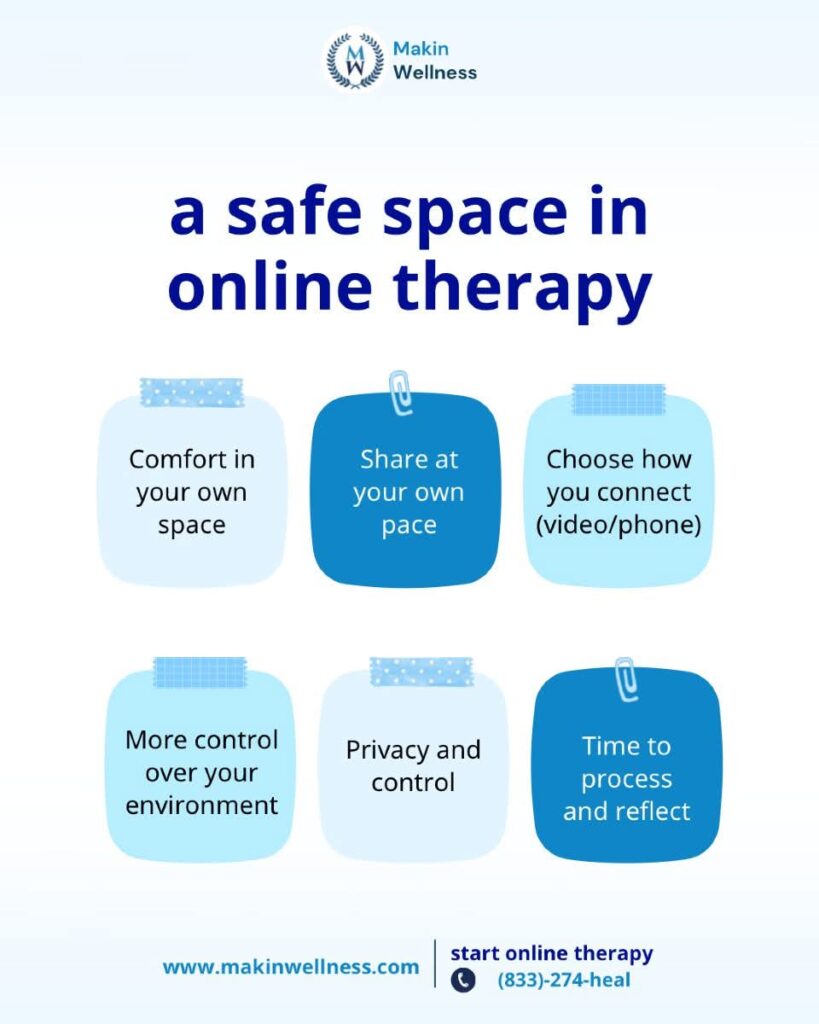A well-known quote by Mr. (Fred) Rogers, a Pittsburgh icon, says, “When I was a boy and I would see scary things in the news, my mother would say to me, ‘Look for the helpers. You will always find people who are helping.”
Both psychotherapists and psychiatrists help people; they just go about it in different ways. Whether you’re looking for a career path, wondering which one could best support you, or simply curious about the differences between a psychotherapist vs psychiatrist, this article will help you make that distinction.
In this article, we will be looking at the distinctions between a psychotherapist and a psychiatrist from two distinct perspectives. Sections 1-3 of this article will help you decide which professional is best placed to help you on your mental health journey. Sections 4-7 contrast psychotherapists vs psychiatrists from a career perspective – to help you decide if you would like to join either of these helping professions.
1. Psychotherapist vs psychiatrist: What are some fundamental differences?
Outside of the psychology community, there is a lot of confusion about what a psychotherapist and a psychiatrist are. While their roles can be similar, their education, responsibilities, and treatment methods can be very different. One of the biggest differences is that a psychiatrist is a medical doctor and can prescribe medication, while a psychotherapist cannot.
2. Psychotherapist vs psychiatrist: What are their different treatment approaches?
When it comes to treatment, psychotherapists and psychiatrists address your problems from different perspectives. Of course, there are a few overlapping methods they use to help people.
An online psychotherapist will generally focus on highlighting your thought processes. They can use various forms of psychotherapy, such as cognitive behavioral therapy (CBT), interpersonal therapy (IPT), or family therapy. They will also spend time creating an online treatment plan to facilitate change and monitor your progress.
On the other hand, a psychiatrist sees mental health issues from a more physiological standpoint. They look at how your brain and body are functioning and use medications as necessary to help them both function better.
Because of their training, psychiatrists can also use various forms of brain stimulation to help as well. Just like psychotherapists, they use treatment plans to outline your treatments and monitor how they are working.
3. Psychotherapist vs psychiatrist: When to see a psychotherapist vs psychiatrist for help.
Knowing which helper to turn to can make your path to better mental health smoother. While psychotherapists and psychiatrists can work together as part of your care team, you might choose one over the other depending on your needs.
You might want to speak to an online psychotherapist if:
- You’re seeking online talk therapy to explore thoughts, emotions, and behaviors.
- You want to work through challenges such as anxiety, depression, grief, relationship issues, or stress.
- You need skills-based online therapy, such as CBT, to develop coping strategies.
- You’re interested in personal growth, emotional resilience, or behavior change without medication.
You may want to see a psychiatrist if:
- You think medication may be part of your treatment plan.
- You have severe or complex mental health conditions such as bipolar disorder, schizophrenia, or major depression.
- You need a medical evaluation to rule out physical causes of psychiatric symptoms.
- You’ve tried therapy alone and you still struggle significantly with your symptoms.
Sometimes, the best approach is seeing both—a psychotherapist for ongoing online therapy and a psychiatrist for medication management. This collaborative care can give you the benefits of both perspectives, ensuring your mental health is addressed from emotional, behavioral, and biological angles.

4. Psychotherapist vs psychiatrist: What type of education and training are necessary?
To start off, both psychotherapists and psychiatrists have to undergo extensive education and postgraduate training. So if you are interested in joining either profession, be prepared to work long and hard to help people with various life and mental health issues. It can take anywhere from 6 to 12 or more years to fully practice independently.
If you would like to be a psychotherapist, you need to graduate from an undergraduate program, and graduate school with at least a Master’s degree, or go on to obtain a PH. D. or Psy. D. Additionally, you need to complete supervised clinical practice where you hone your practical counseling skills as you work through your Master’s and Doctorate education. Finally, you must do further work to get certified in your state.
If you are considering entering the field of psychiatry, you must have a full medical degree (M.D. or D.O.), which includes undergrad and graduate school, residency, and board certification. You may also choose a speciality such as child or addiction psychiatry, which requires additional training.
Psychotherapist vs psychiatrist: What are each profession's responsibilities?
Once again, there will be some overlap with the responsibilities of a psychotherapist and a psychiatrist, as well as some distinct differences. You must take your responsibilities very seriously as a helper of people struggling with different problems. It could literally be the difference between life and death.
As a psychotherapist, your responsibilities would vary depending on your specific job. If you are working in a clinical setting, you need to assess and diagnose your client. Some psychotherapists may be responsible for the research and development of studies or other projects. You could also be involved in intervention and support of individuals, education, or advocacy within the community.
A psychiatrist would also be responsible for assessing and diagnosing clients under their care. Also, since psychiatrists can prescribe medication, they would be responsible for managing your medication, including monitoring dosage, increasing as appropriate, and safely changing medications when necessary.

6. Psychotherapist vs psychiatrist: What careers can they pursue?
If you choose to be either a psychotherapist or psychiatrist, you have a wide range of occupations to consider. There is more to the profession than just seeing clients in therapy sessions. There are a wide range of ways to be a helper.
If you are a psychotherapist, you can choose from careers such as:
- clinical psychology (including online therapy),
- human resources,
- organizational psychology,
- sports psychology, or
- correctional officer.
If you are a psychiatrist, you have these occupations to choose from:
- outpatient psychiatrist,
- inpatient psychiatrist,
- forensic psychiatrist,
- researcher, or
- military psychiatrist.
7. Psychotherapist vs psychiatrist: What do they get paid?
As with everything else, there are income differences between psychotherapists and psychiatrists. While both can make a decent salary helping others, psychiatrists generally make more money.
The amount a psychotherapist makes depends on the career you choose, how far into your schooling you are, and where you practice. The 2024 median pay for a psychotherapist was $94,310 per year and $45.34 per hour.
For a psychiatrist, the compensation depends on your field, your specialty, and how long you’ve been practicing. The 2023 median salary for a psychiatrist is $200,640 to $350,770, and $96.46 to $168.64 per hour.
So what are your next steps?
Well, if you feel you are ready to help others, research schools, make a choice, and start your educational journey. If you think you might need to talk with a psychotherapist, consider online therapy through Makin Wellness.
Online therapy allows you to talk with someone from the comfort of your own home – you could very well do so in your pajamas! At Makin Wellness, we have a full directory of online therapists who specialize in the treatment of various mental health conditions, so you can choose the best option for your situation.
You deserve to know how to make the best decision about your mental well-being – and your Makin Wellness online therapist is here to help when you’re ready.
If you are unsure whether this kind of treatment is right for you, don’t worry, your online therapist can help answer any questions you have about consulting with a psychotherapist vs psychiatrist.
Call us at (833)-274-heal or click here to schedule an appointment with one of our caring online therapists today.







